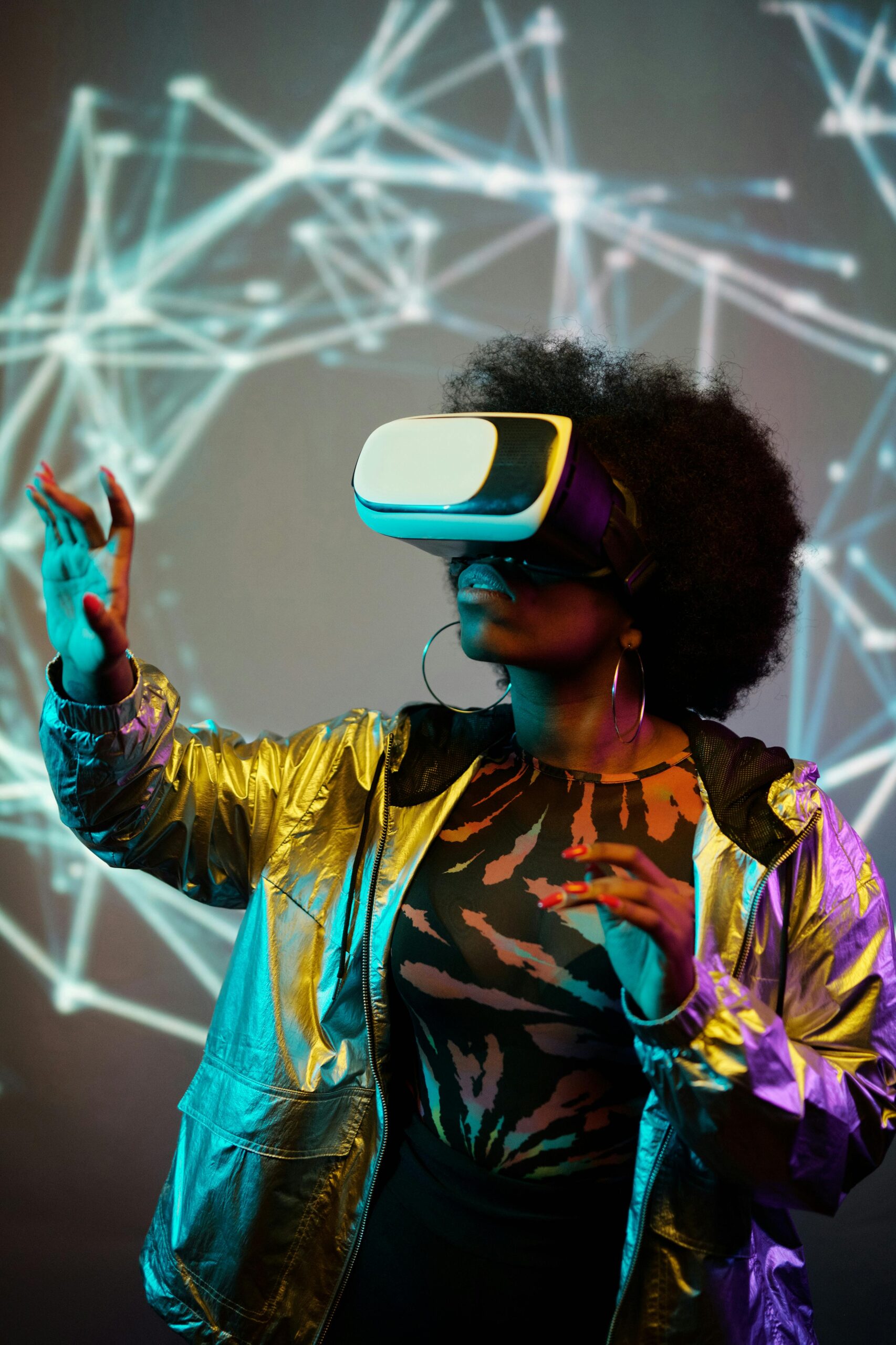
Disruptions caused by Generative AI are making their presence felt across all industry verticals.For instance, positive shifts resulting from the new technology and resulting data are impacting doctors treating diseases, personalizing prescriptions and developing innovative medicines. New AI-enabled methods are changing the working methods of health professionals, hospitals, clinical facilities and medical agencies in a large way.
Read on to know how meaningful impacts and transformations are crafting the future for Generative AI in the healthcare and medical industry.
How is AI Serving as a Diagnostic Assistant?
Clear diagnosis of conditions is relying heavily on Generative AI for precise, clear data interpretation and detailed insights. To enable this:
- AI tools are being used by diagnostic departments to examine MRIs, X-rays, and CT scans and provide data-enabled and more accurate diagnosis of conditions.
- The assistance provided is helping doctors, specialists, consultants and nurses with the provision of read, detailed and accurate information.
Generation of Real-world Information
Generative AI is useful for creating artificially generated synthetic data that is as good as real-world information. With adequate training:
- Healthcare professionals are managing to reduce the data protection and security issues while dealing with the personal data of patients.
- The data and analytics so generated is being appropriately used for handling local and global healthcare crises.
Automation of Repetitive Administration Tasks
Gradually, medical professionals will find it easy to use Generative AI for handling their routine daily tasks – especially those that need manual intervention. With AI tools and means, they can:
- Free their valuable time to focus on patient care, learning and training.
- Manage and update patient records and complete repetitive tasks in a timely and more streamlined way.
- Organize notes, summaries, and medical imagery and test results with intelligent EHR management methods.
- Reduce errors and the gaps that are likely to impact their patient and medical care tasks adversely.
Way Forward
The integration of Generative AI into healthcare requires the empathetic and intelligent handling of various ethical challenges. Mostly, these challenges are linked to the judicious management of personal data.
Reach out to ROI Software Solutions to understand and embrace the shifts created by Generative AI in the healthcare sector today.
